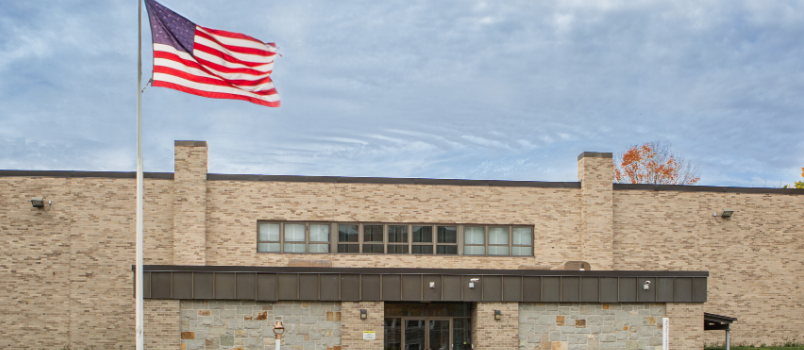
As numerous scholars have noted, America is engaged in a “Cold Civil War.” Political differences revolve around adhering to the original Constitution or rejecting it for a living Constitution hollowed of any enduring meaning. In such a situation, the role of civic education could provide a soothing balm to America’s inflamed political passions.
A recent study by the RAND Corporation that surveyed the nation’s public-school teachers identifies the complicated state of American civic education, while perhaps also pointing the way to hope and renewal.
When asked what they consider to be the most important aims of civic education, 23 percent of teachers considered “promoting knowledge of social, political, and civic institutions” as most important. A majority, 68 percent, identified “promoting critical and independent thinking” as the primary goal. Notably, many teachers rejected more activist aims such as “promoting respect for and safeguard of the environment.”
Thus an incongruity exists in the data. Teachers seemingly reject an activist teaching agenda while also diminishing the teaching of social, political, and civic institutions. Yet if a majority prize critical and independent thinking, the question arises as to what students are to think critically and independently about? If the words of Abraham Lincoln still ring true today, that each generation should aim to “perpetuate” their political institutions, such a question is perpetually relevant.











